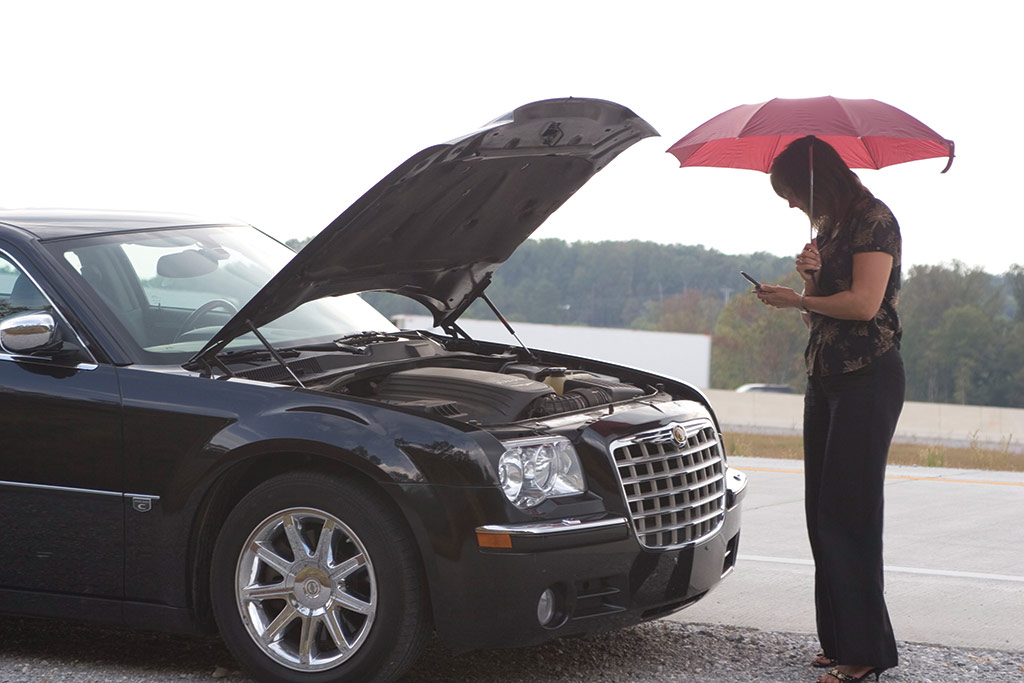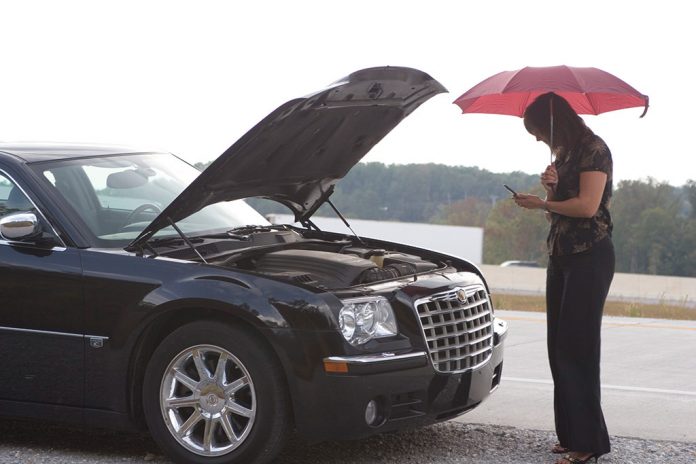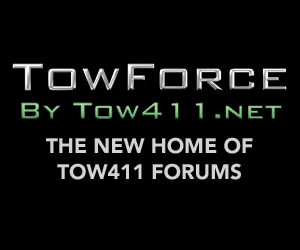
Making the decision to seek “off-site” dispatch services can be difficult. Finding the right one can be daunting. When you have worked hard to build your business, whether it be for 1 year or 50, giving up your phones can be terrifying. Although, when you find the right one, and gain your life back, you may decide it was the best decision you ever made.
Weigh your options
There are several methods of dispatching Towers are accustomed to:
- Employee Dispatcher: One daytime and one nighttime dispatcher. Taking and dispatching calls is their only job.
Benefits: On-site and local familiarity. Your dispatchers know your area, your drivers, your pricing and are only working for you.
Drawbacks: Hourly or salary employee paid to “wait for the phone to ring,” health insurance, sick pay, vacation pay, covering hours when employee is sick, late or on vacation.
- Owner Dispatcher: Office phones are forwarded to the owner’s home or cell phone so either Mr. or Mrs. Owner can answer and dispatch every call 24/7.
Benefits: Owner is aware of every call coming into his business. Owner controls who gets the call, as well as whether to take or deny it.
Drawbacks: Owners are on 24/7. Family events are often missed or interrupted; holidays are spent on the phone. 365 days a year, the owner expects and experiences interrupted sleep.
- Driver Dispatcher: Typically, at night and on weekends, phones are forwarded to the driver on-call. He answers the call, he does the job.
Benefit: Owner doesn’t have to pay a dispatcher.
Drawbacks: No accountability for jobs being done. Interrupted work, and answering a call while on the road can lead to injury. Lost calls due to a driver’s phone being left in the truck, or being in an area of poor cell phone service risks lost revenue, low motor club ratings, and the loss of rotation contracts.
Those who found the above methods to be costly, cause frustration or be inefficient may have already discovered another option. For those that have not taken the leap, consider #4.
- Outside Dispatch Service: Open 24 hours, 7 days a week. Multiple work stations fielding calls on behalf of small to large towing companies. Regardless of weather, a holiday, or time of day, dispatchers are standing by ready to dispatch directly to your drivers.
Benefits: Cost savings. No more paying by the hour, health benefits or scrambling to find coverage when your dispatcher is sick. Freedom! Forward your phones when you want, answer yourself when you want. Be with your family and friends! Go to the movies or get a full night’s sleep. Get all your calls…not just the one your driver feels like answering. Instantly, have multiple dispatchers at your fingertips. Multiple calls coming in at the same time are no longer an issue. Most importantly, keep your drivers safe while on the road.
Drawbacks: Preparation takes time. It takes work on your part to get a service up to speed on how you want things done, and communicating it to them. Most likely, the dispatcher is not sitting in your hometown. Distance can be intimidating. An owner “giving up” his/her phones also means relying on someone else to project their image. This can be scary.
Do your homework
When seeking an outside service, as a Tower, you want to find a reputable Dispatch Service. Someone with experience in the Towing Industry, someone who understands the importance of immediate dispatching, never putting the PD on-hold, answering fast, and who takes the time to find out who you are, what you do, and how you want your calls handled. Do your research and ask questions over the phone or, if local, in person! This company will be your voice at the times you choose to use them. Hear that voice! “Email shopping,” although appropriate for initial contact, or to request a call, does not substitute an interview. Take the time to get to know them, and let them get to know you.
- How long have you been dispatching for Towers?
- Can you give me references of current customers?
- Are you part of or associated with any Towing Associations?
- If the service is not local to you, how will you know our service area?
- If you are using dispatch software, can this service dispatch through that software for you?
- What are all of your options for dispatching?
- What type of reporting is offered so that you or your manager can keep track of jobs going directly to drivers?
- What types of back-up systems do they have in place to make sure their phones/equipment is always up and running?
If you are happy with what you’ve heard, and find yourself ready to take your life back, save money, attend a family function (and actually stay for the whole thing), and let your drivers be drivers, not dispatchers, then it’s time to start “training” your dispatch service.
Training a successful off-site dispatcher: How much can they do from afar?
Just as you would show an in-house dispatcher the ropes, you also have to provide your service as much information about your company and its operations as you can. The only difference is you may be educating from a distance, and in writing.
Prepare, prepare, prepare. Define your service area (unless you go anywhere all the time) by zip codes, county, city or town names, mile markers, or landmarks. You know your service area like the back of your hand! Help your off-site dispatchers learn it, too. If you have multiple locations, define each location’s area. There is nothing worse than wasting time and gas by sending your drivers on a wild goose chase. Give your dispatchers the opportunity to succeed from the start.
Providing a price list to your service will prevent multiple calls to you, or your drivers, when quoting a job. There are always exceptions based on unusual situations, but taking a standard motorclub, road service, or cash call, based on your pricing, should flow smoothly and take little time on the phone when your service is provided this information. Little time on the phone means faster dispatching and happy customers!
Finally, define a very clear protocol as to how calls are to be dispatched. Delivering all calls verbally, making verbal contact followed by a text message, or sending a text and asking the driver to text back confirmation are all options to be considered when determining what is most effective for your company. For the owners who aren’t quite ready to get that full night’s sleep, requesting a copy of every call sent out (at the same time as the driver) may be a good way to ease into relinquishing your phones.
Most importantly, when making this sometimes difficult decision, choose someone who knows Towing and takes pride it accommodating the hard-working individuals that make up this industry.
Holly’s Message Service
(888) 809-6182
www.hollyms.com







